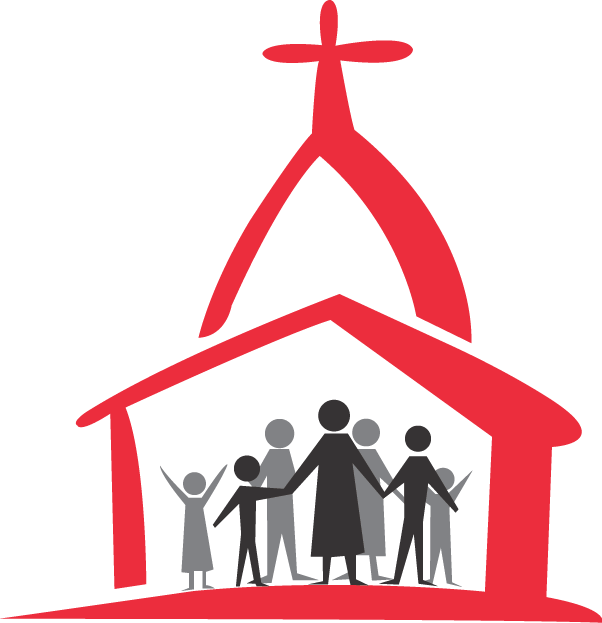
Church-Centric Bible Translation (CCBT) sees the translation of Scripture as the responsibility of the local church, and as part of the normal, healthy life of a growing church. That perspective is different to the historical approach whereby parachurch organisations of experts produce Bible translations that are offered to lingual communities as a finished product.
CCBT is especially well-adapted to the needs of small lingual communities where it would be difficult to send in teams of experts. The local church, or networks of such local churches, make their own choices about which books to translate first and what level of language to use. The resulting translation is thus much more likely to be accepted by the community than a product produced by outsiders.
In addition to pragmatic considerations, CCBT also recognises the theological significance of the church within God’s plans. The New Testament was written by people committed to building healthy churches that grow. Much of the content addresses specific issues encountered while building churches. CCBT practitioners are committed to faithful translation of that content, but seek to translate in a way that allows that content to speak to their generation and lingual community.
Most CCBT translation relies on gateway languages, which bridge the gap between source languages such as Hebrew and Greek and the language of the lingual community. In most cases, local experts in source languages will not be available. Resources in languages of wider communication such as English, French or Russian are therefore used. Xenizo produces gateway language resources in French as part of ETEN‘s Bible Aquifer project.
